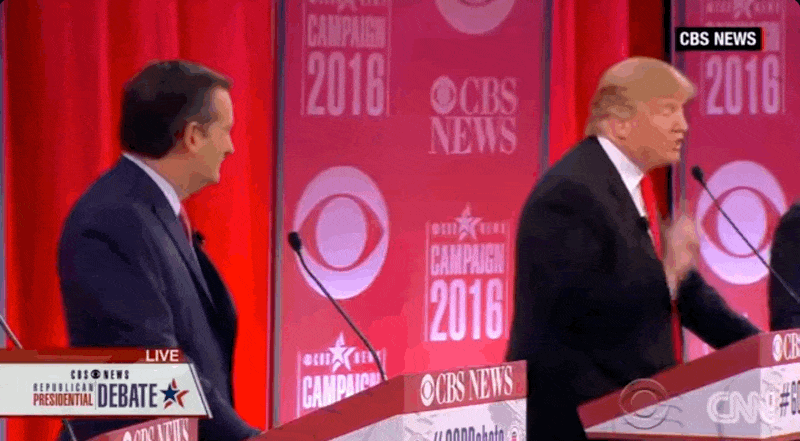- Ritesh Malik
- Posts
- you're ruining relationships
you're ruining relationships
just by making this one mistake
In today’s edition, I want to start with something different.
In the debate, when Trump’s opposition is taking a stance based on his opinion.
Trump retaliates by insulting him, instead of rebutting with his statement.
Have you ever thought:
"Why should we listen to him about budget cuts? He drives a BMW"
"She only cares about diversity because she's from HR"
“He’s only 24, what does he know about leadership?”

A logical fallacy that dates back to 350 BC.
Aristotle called it "directing solutions against the man, not against his arguments." in his work called Sophistical Refutations (Part 10)
Paul Graham puts Ad Hominem at the BOTTOM end of his disagreement hierarchy — right next to name-calling.
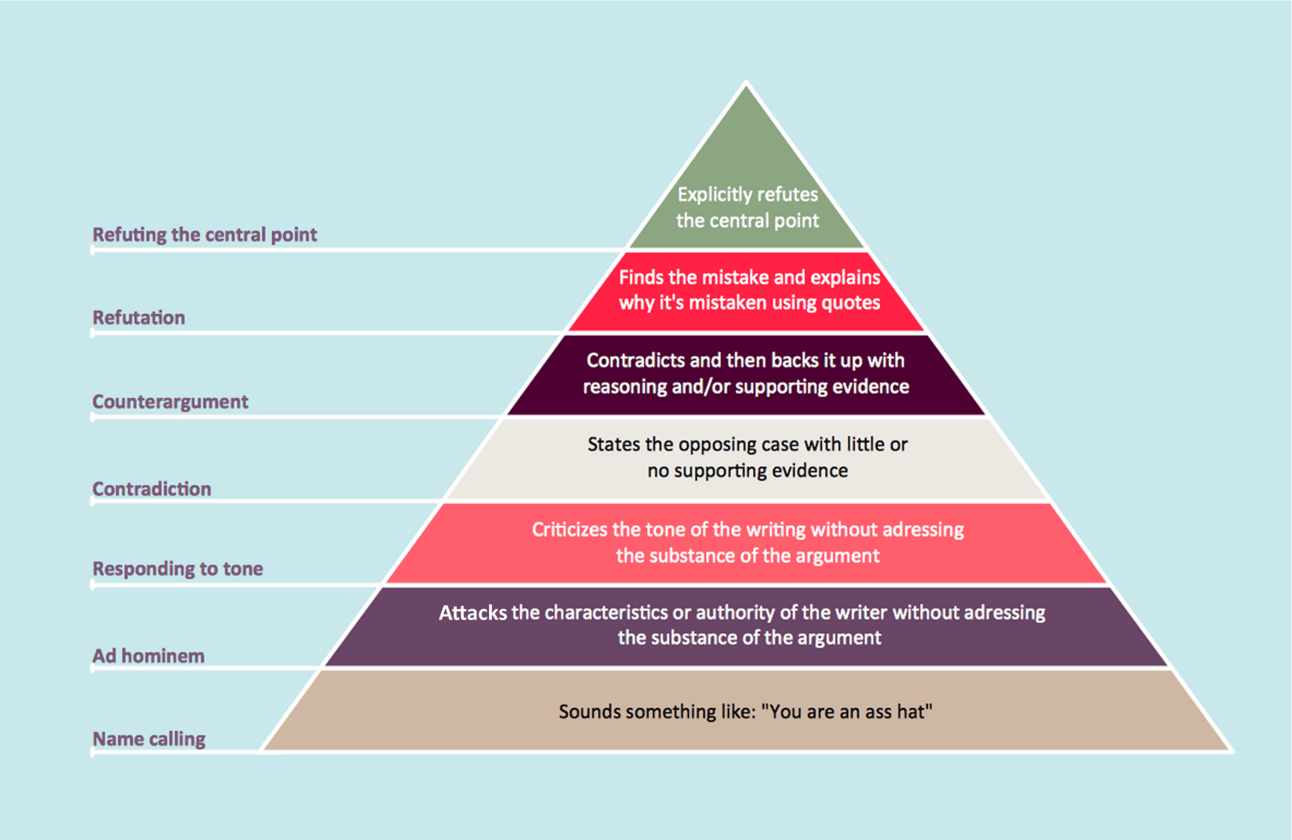
The sad part is that we’ve all done it.
I’m not just saying it for the heck of it.
I was reviewing our quarterly innovation pipeline at Innov8 back in 2018. Zero. Not a single new initiative had made it past leadership in three months. Yet we had received 47 proposals from various departments.
I pulled the meeting recordings to understand why. What I found revealed an uncomfortable truth about my own blind spots.
"The sales team proposed commission restructuring? They're obviously just trying to make more money."
"Operations suggested flexible hours? Classic millennial entitlement from someone who doesn't understand business fundamentals."
That was me. I was psychoanalyzing the people who suggested the ideas, instead of actually reviewing what they came up with.
In my angel investing, I've learned that dismissing ideas based on who presents them is the fastest way to miss breakthrough opportunities.

Someone challenges your thinking → Your amygdala (your brain's alarm system) fires in a few milliseconds → System 1 thinking takes over → Logic shuts down
Your prefrontal cortex (the thinking part of your brain) gets hijacked by your limbic system (the emotional survival part).
Didn’t get it?
Think of it like this: Your brain has two employees.
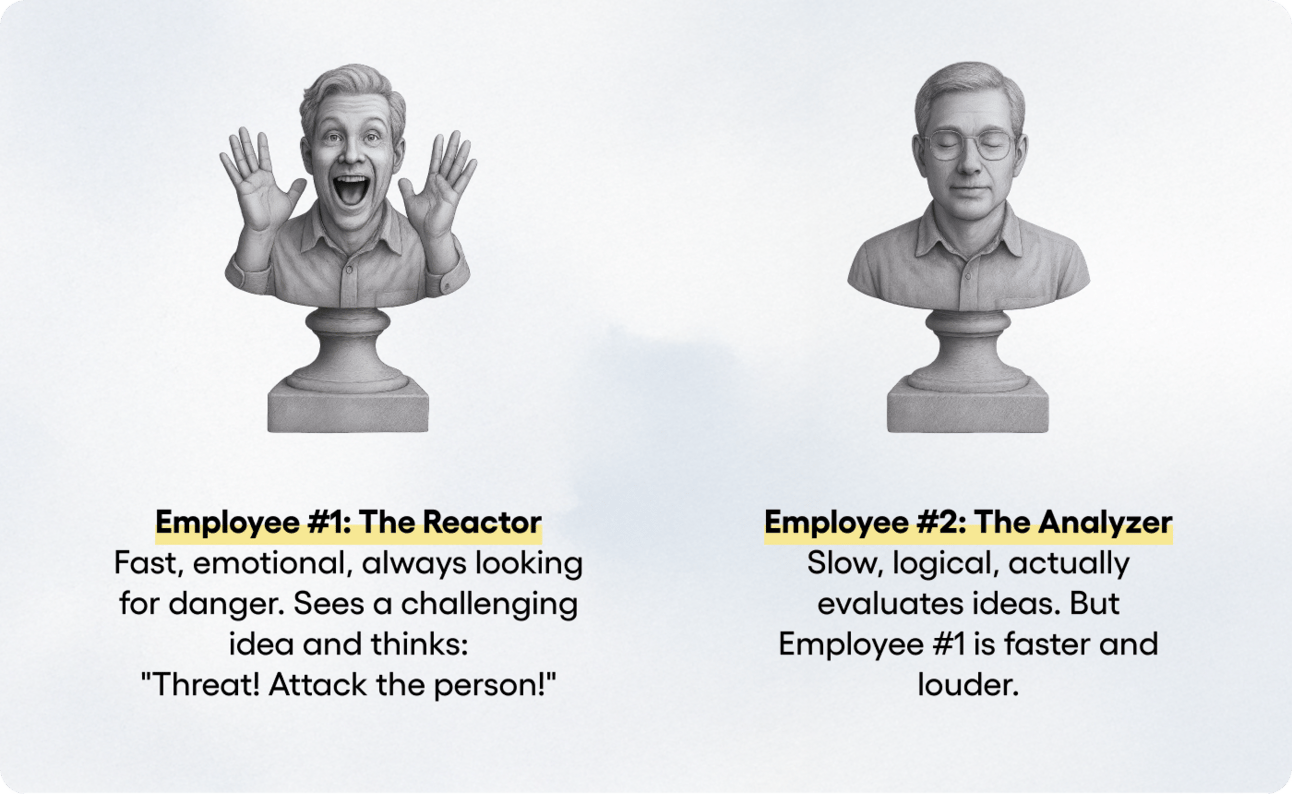
Instead of "Is this idea good?" your brain asks "Can I trust this person?"
Result: When we can't kill the idea, we kill the messenger.

I call it the FTW framework.
Ritesh FTW is For the win? Well yes, but in this context, it's Flip the who!
Before responding to any idea, I learned to ask myself: "What if my smartest friend / relative / idol said this exact same thing?"
That's it. One mental flip.
Suddenly, your junior colleague's age disappears. The annoying coworker's personality vanishes.
You're left with just the raw idea.
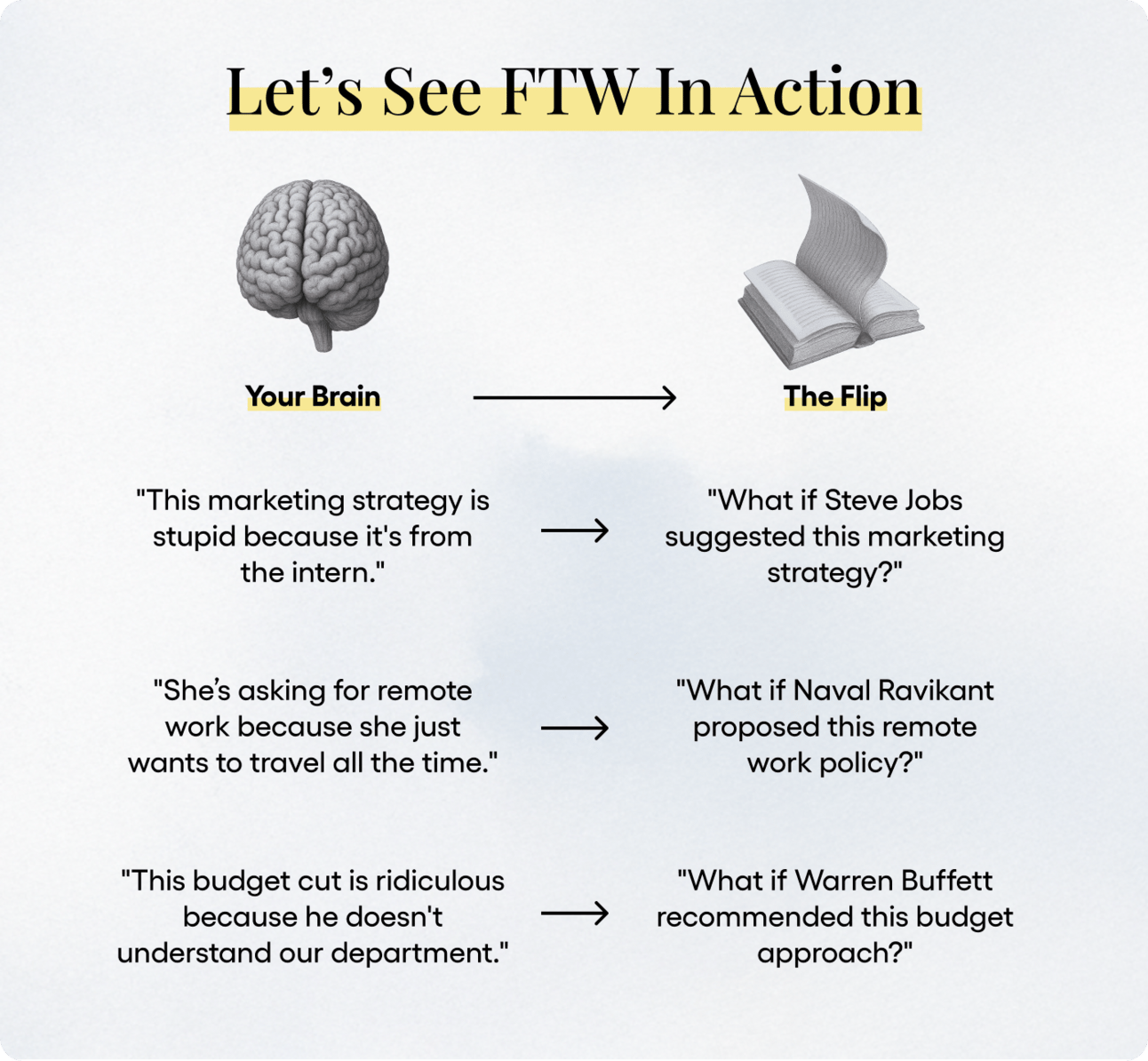
The best part? It works everywhere!
Office meetings, family decisions, parenting, relationships, social media debates.
You get an instant bias check and engage with the actual content.
People feel heard. Conversations improve. Life gets easier.
Remember, ad hominem is brutal. It kills:
Team trust (“This product idea is from design team, so it must be useless”)
Investor relations (“That VC didn’t go to Ivy League, so his advice is irrelevant”)
Personal growth (“That critic hates me, so their feedback must be trash”)
Ask yourself, what's more valuable: being right or being respected?
When you can't win on merit, don't attack the messenger.
Your relationships matter more than your ego.
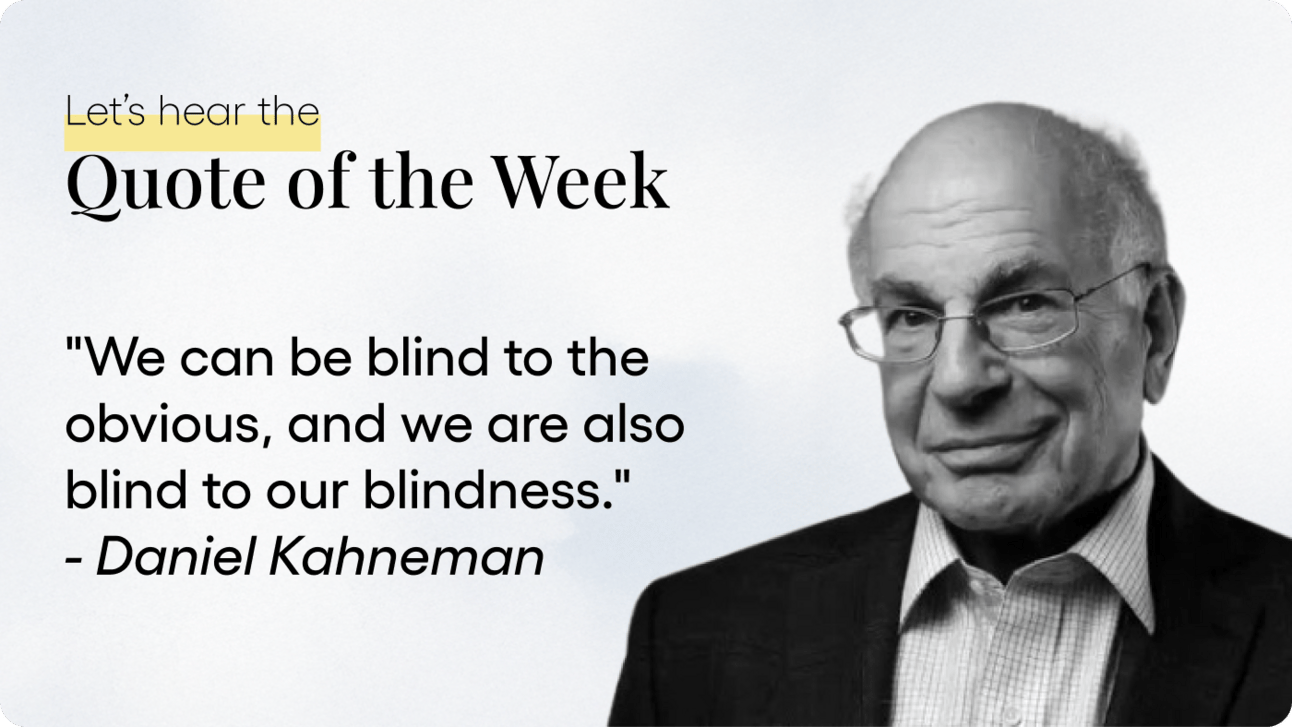
📊 Data of the Week
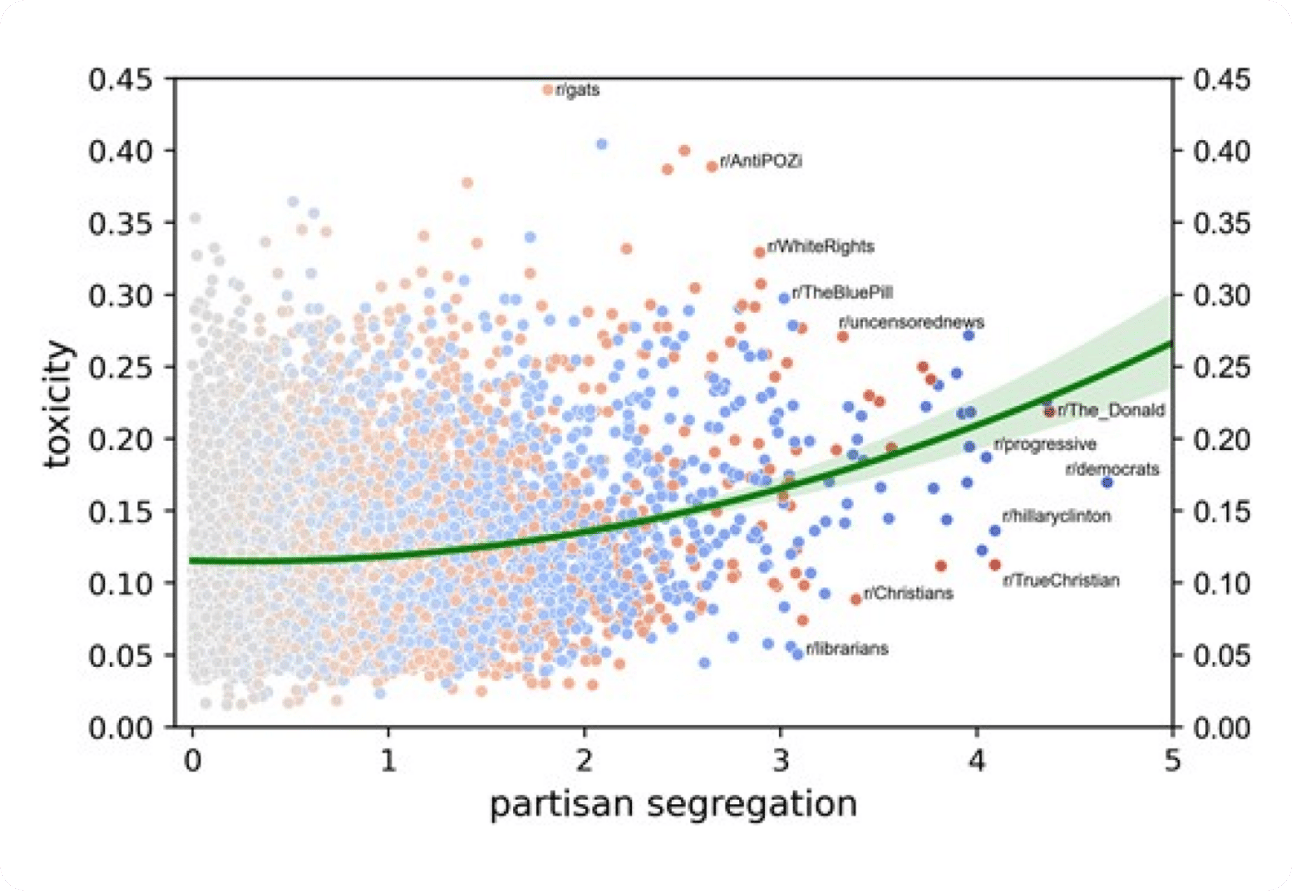
PS: For all those who wanted more data (specific to Ad Hominem):
Research by Barnes et al. conducted two experiments with 638 participants who read scientific claims followed by either empirical attacks (challenging the data) or ad hominem attacks (challenging the scientist).
Their findings? Personal attacks were just as effective at making people reject scientific claims as actual data criticism. Your brain treats "this researcher is biased" the same as "this data is flawed."
Translation: When we can't defeat the argument, we attack the arguer's right to make it.
Have questions? Click below,
I read each and every one of your emails.
